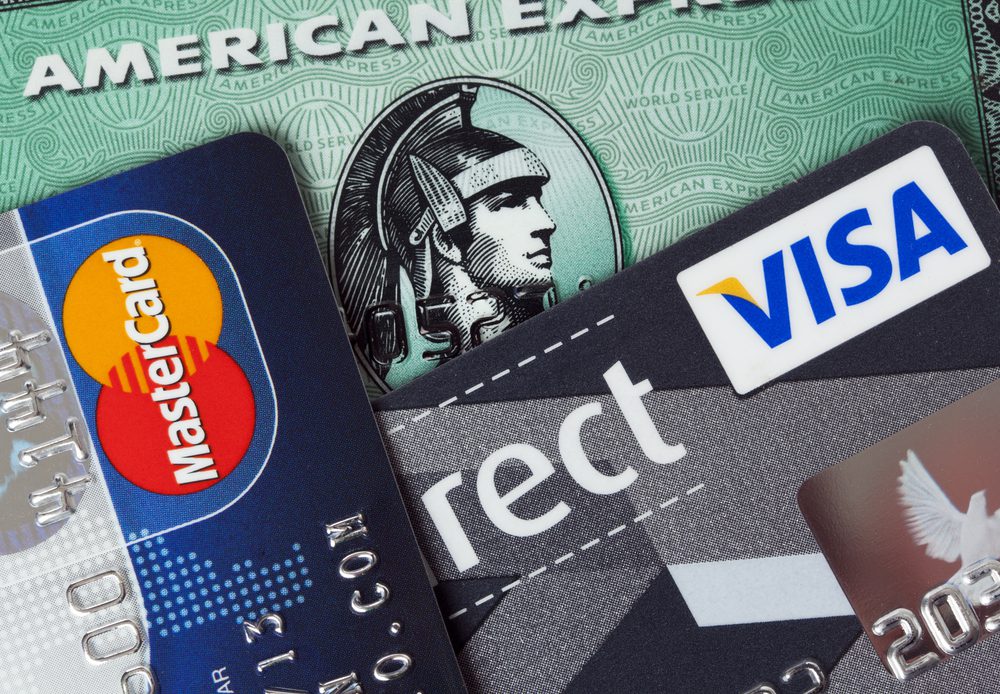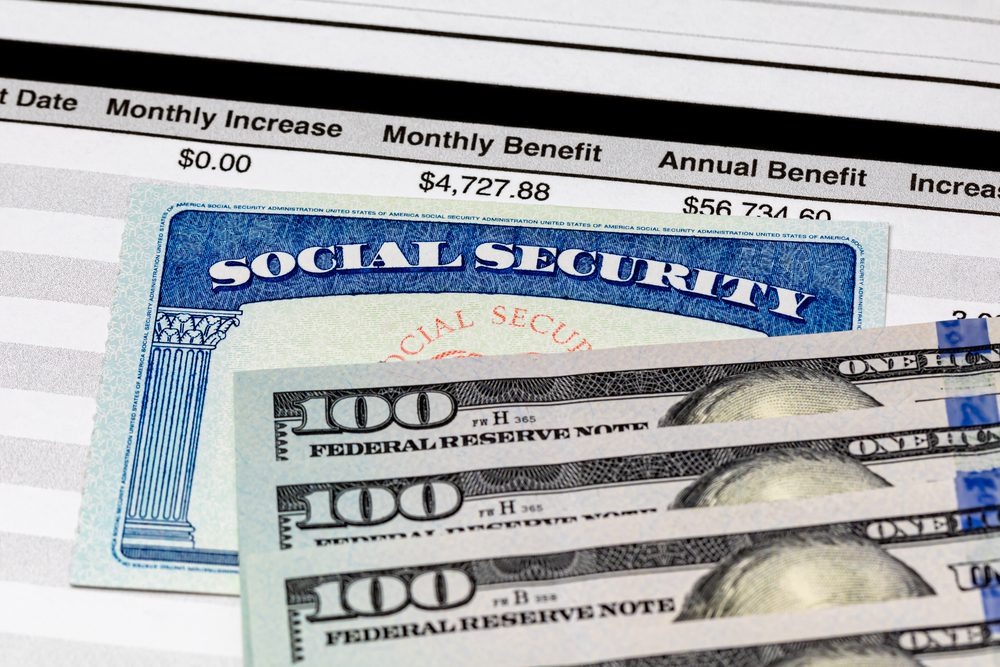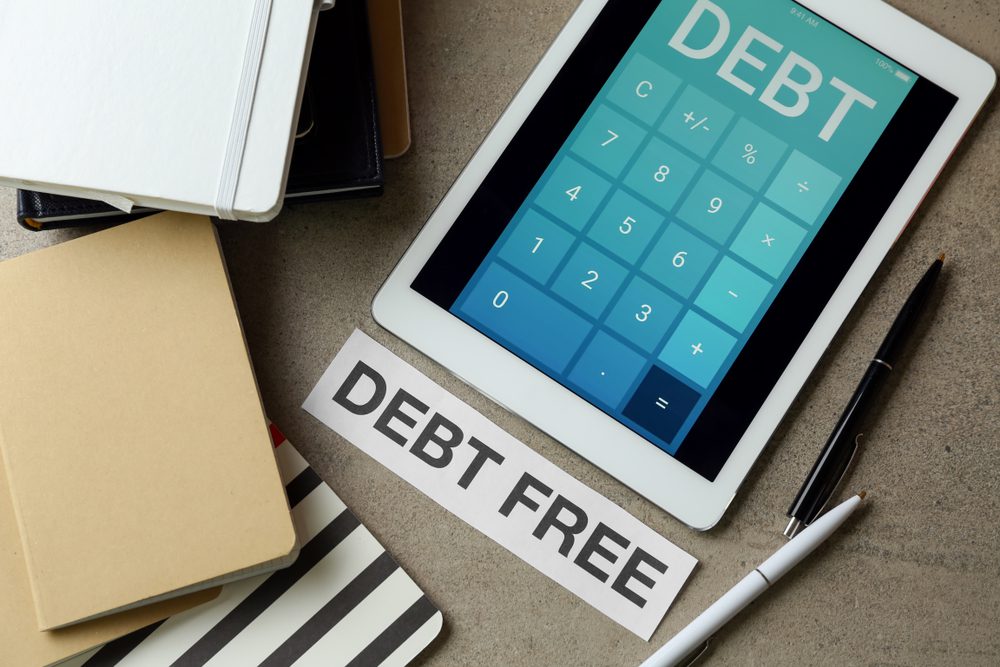
2. Earn Elite Status with an Airline
Having elite status with an airline comes with great perks, but unfortunately, it isn’t possible for everyone. However, if you fly a lot and can pool all your flights with one big airline alliance, earning elite status may not be that difficult.
If you do fly enough—for business or pleasure—to meet the requirements, elite airline status comes with perks such as automatic upgrades, priority boarding, and yes, no checked baggage fees.
For instance, Premier Silver status with the United MileagePlus flyer program allows you to bring one complimentary bag weighing up to 70 pounds. Premier Gold affords you two extra checked bags up to 70 pounds, and Premier Platinum lets you travel with three extra bags up to 70 pounds each.
A similar situation is true for the elite status from the Delta SkyMiles and American AAdvantage programs, two other major airlines with domestic and international flight paths.
In other words, if you travel by plane with the same airline often, enrolling in their frequent flyer program and earning elite status can offer you some benefits that make travel less expensive and more comfortable. Priority boarding and free upgrades are nice perks, but when it comes to saving money, free checked baggage is the greatest privilege.









